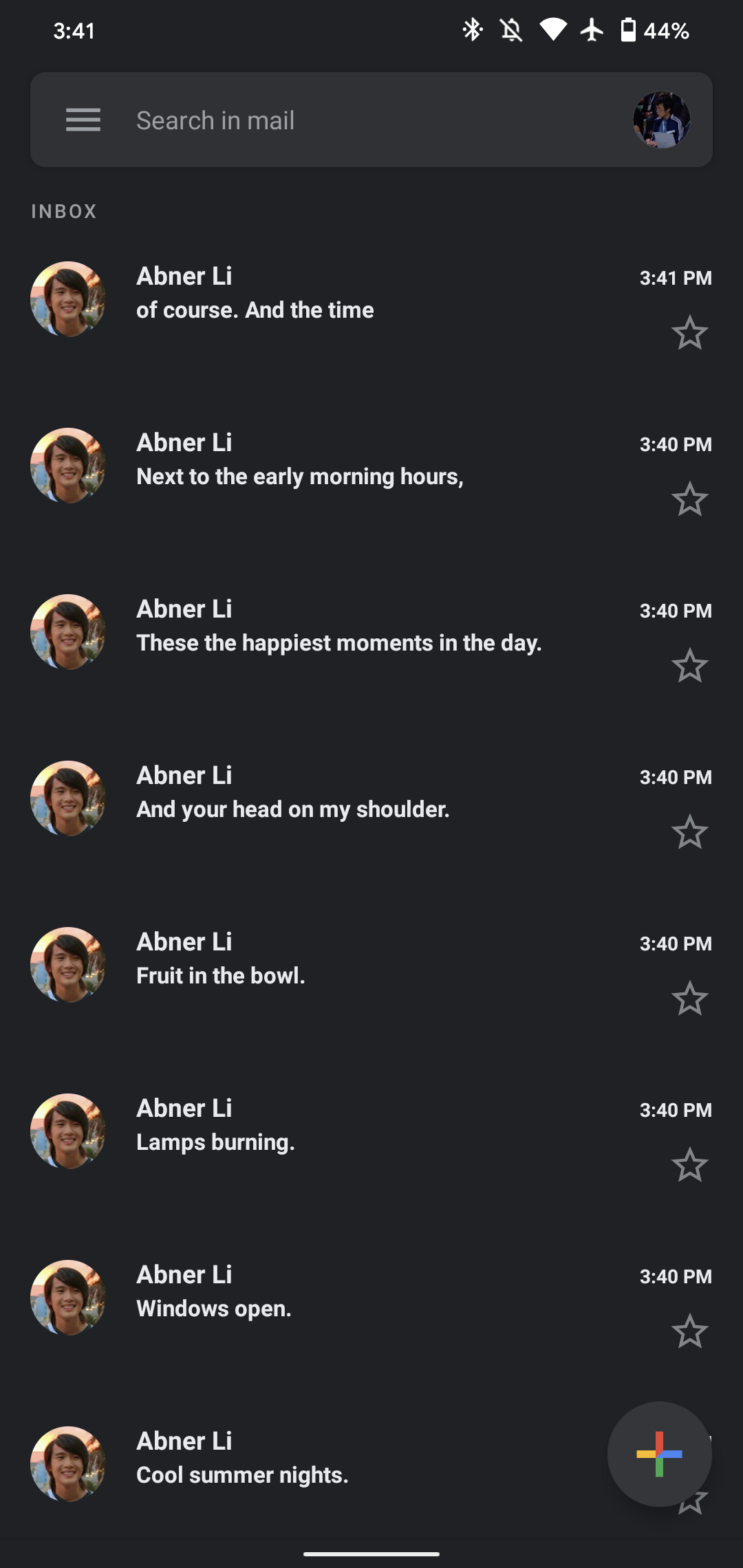
Privacy policies that can just be unilaterally rewritten at any point, without obtaining fresh consent from the user, aren’t worth the pixels they’re claiming to be inked in. Though, as Green points out, making more people sign in to Chrome (rather than fewer) is a fuzzy sort of fix for an account ‘pollution’ issue.Ĭhrome’s flipped switch also now means users have to take Google’s word for it that it won’t suddenly auto sync their data to its own servers - say by making another opaque change, in the future, to further automate the harvesting of users’ personal data. “We think these UI changes help prevent users from inadvertently performing searches or navigating to websites that could be saved to a different user’s synced account,” he also writes. His explanation for Google flipping the default to be privacy hostile (rather than user affirmative) is to claim that “we think sign-in consistency will help many of our users”, saying Google has “received feedback from users on shared devices that they were confused about Chrome’s sign-in state”. “We want to be clearer about your sign-in state and whether or not you’re syncing data to your Google Account.”

“We’re updating our UIs to better communicate a user’s sync state,” he writes.

Responding to what Koch colorlessly terms “feedback” about the controversial changes, he says Google is going to “better communicate our changes”. (Other browsers are certainly available, though Chrome accounts for by far the biggest chunk of global browser usage.) Now I’m forced to learn these new terms, and hope that the Chrome team keeps promises to keep all of my data local as the barriers between “signed in” and “not signed in” are gradually eroded away,” Green also wrote. “The fact of the matter is that I’d never even heard of Chrome’s “sync” option - for the simple reason that up until September 2018, I had never logged into Chrome. “Users who want data like their browsing history, passwords, and bookmarks available on other devices must take additional action, such as turning on sync,” writes Chrome product manager Zach Koch.īut in his blog post, Green is also highly critical of Google’s UI around Chrome sync - dubbing it a dark pattern, and pointing out that it’s now all too easy for a user to accidentally send Google a massive personal data dump - because, in a fell swoop, the company “has transformed the question of consenting to data upload from something affirmative that I actually had to put effort into - entering my Google credentials and signing into Chrome - into something I can now do with a single accidental click”. So it’s basically saying that despite it auto-linking your Chrome browsing and (Google) web-based activity it’s not automatically copying your browsing data to its own servers, where it would then be able to derive all sorts of fresh linked intel about you for its ad-targeting purposes.

In its blog post Google claims that being signed in to Chrome does not mean Chrome sync gets turned on. But Google’s change flips that switch - making the default setting hostile to privacy by folding a Chrome user’s browsing activity into their Google identity. Prior to the Chrome 69 update, users had to actively opt in to linking their web-based and browser-based IDs. Matthew Green, a cryptography professor at Johns Hopkins, flagged the change in a critical blog post at the weekend - entitled Why I’m done with Chrome - arguing that the new “forced login” feature blurs the previously strong barrier between “never logged in” and “signed in”, and thus erodes user trust.

Now Google is saying there will be an option to prevent it pinning your Chrome browsing to your Google account - but you’ll have to wait about a month to get it.Īnd of course for the millions of web users who never touch default settings being automatically signed into Google’s browser when they are using another Google service like Gmail or YouTube will be the new normal.
#Google chrome sign in details out of date 2018 update#
The update to Chrome 69 means users are automatically logged into the browser when they are signed into another Google service, giving them no option to keep these digital identities separate. Google has responded to blowback about a privacy hostile change it made this week, which removes user agency by automating Chrome browser sign-ins, by rowing back slightly - saying it will give users the ability to disable this linking of web-based sign-in with browser-based sign-in in a forthcoming update (Chrome 70), due mid next month.


 0 kommentar(er)
0 kommentar(er)
